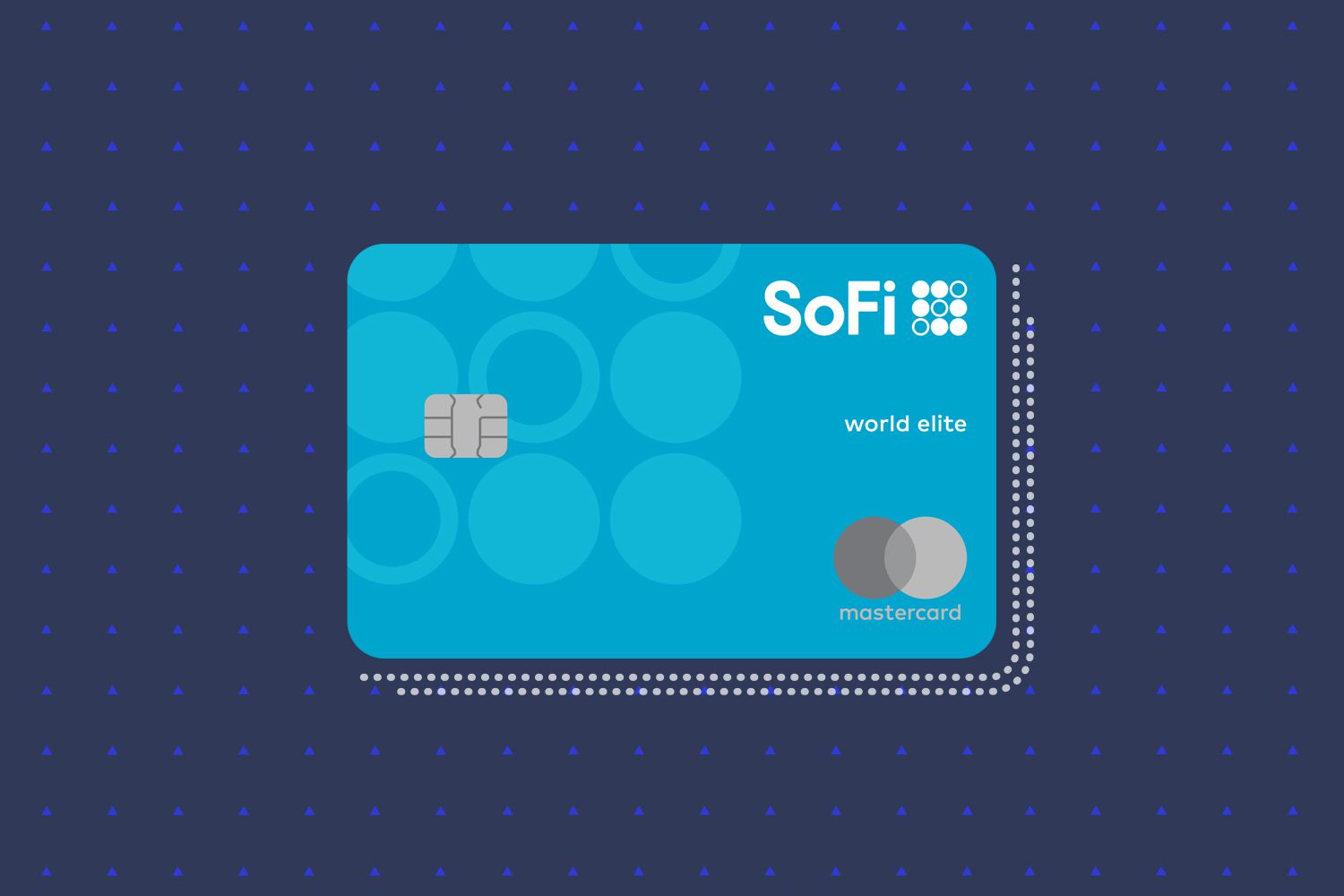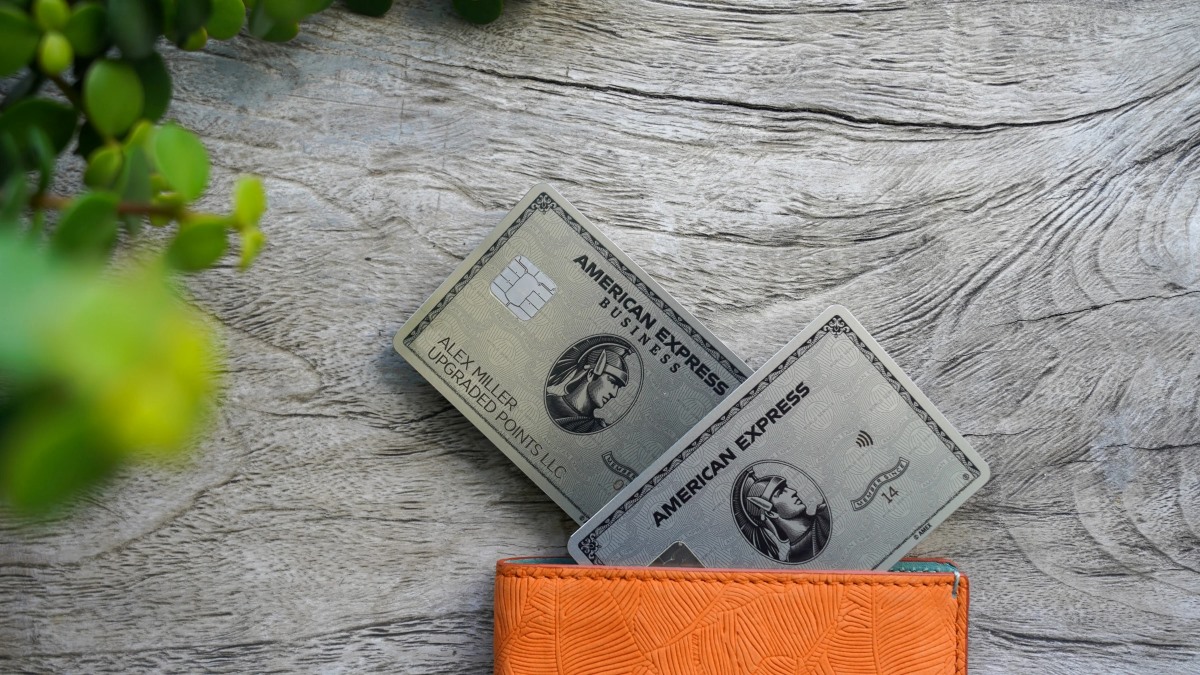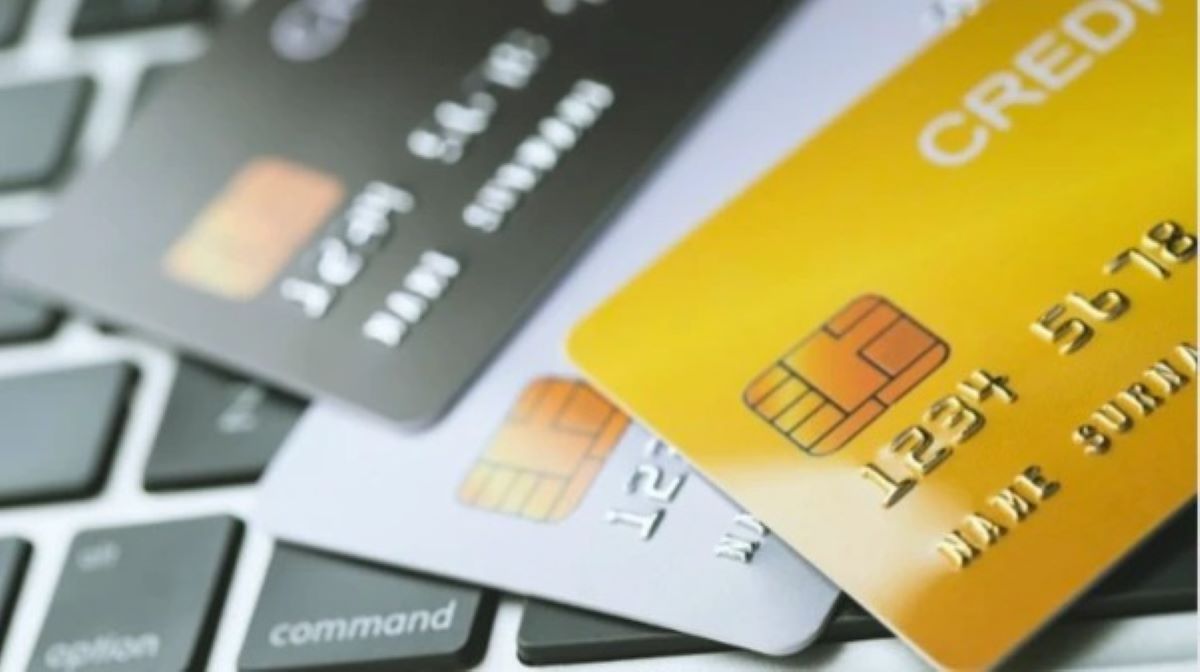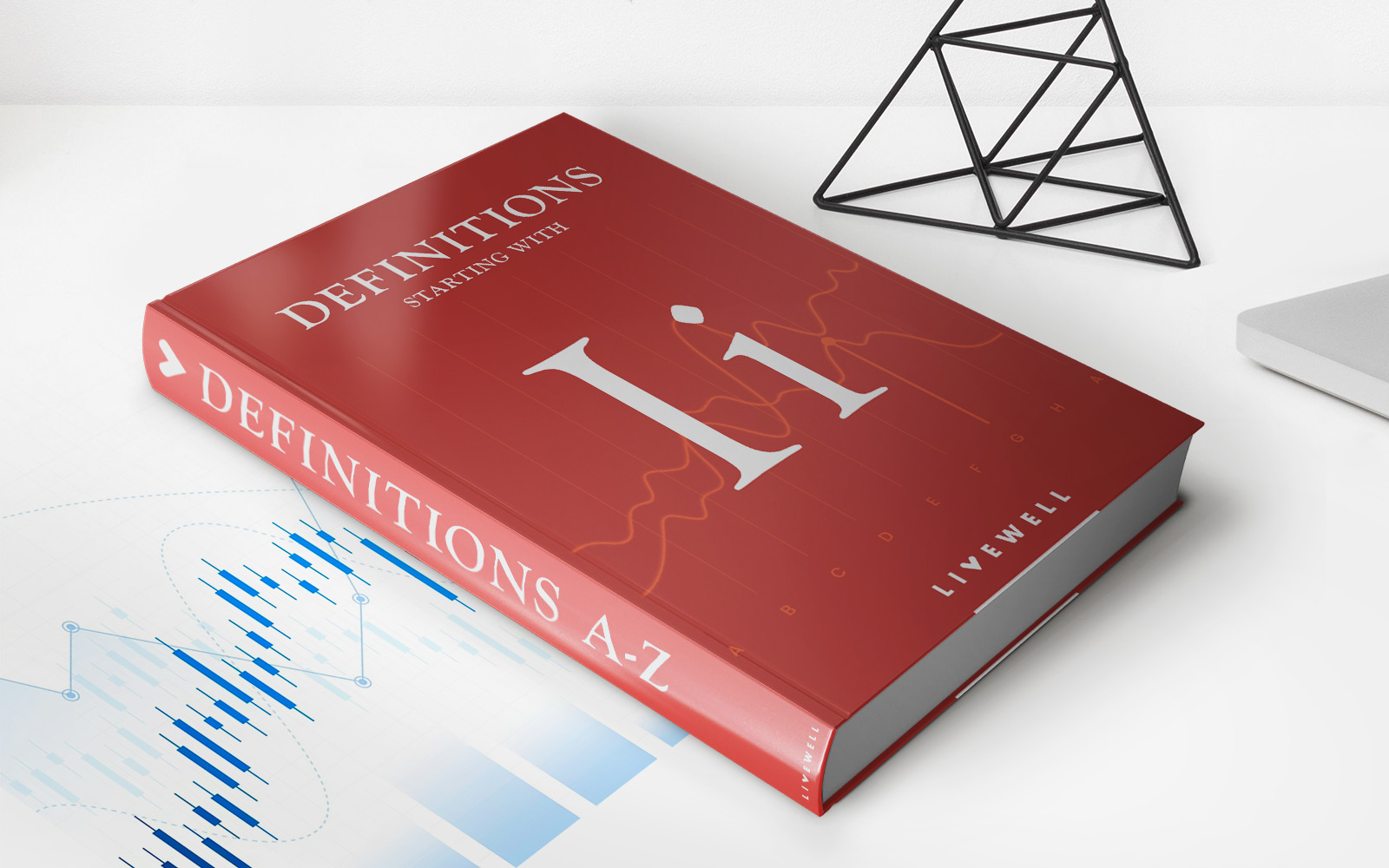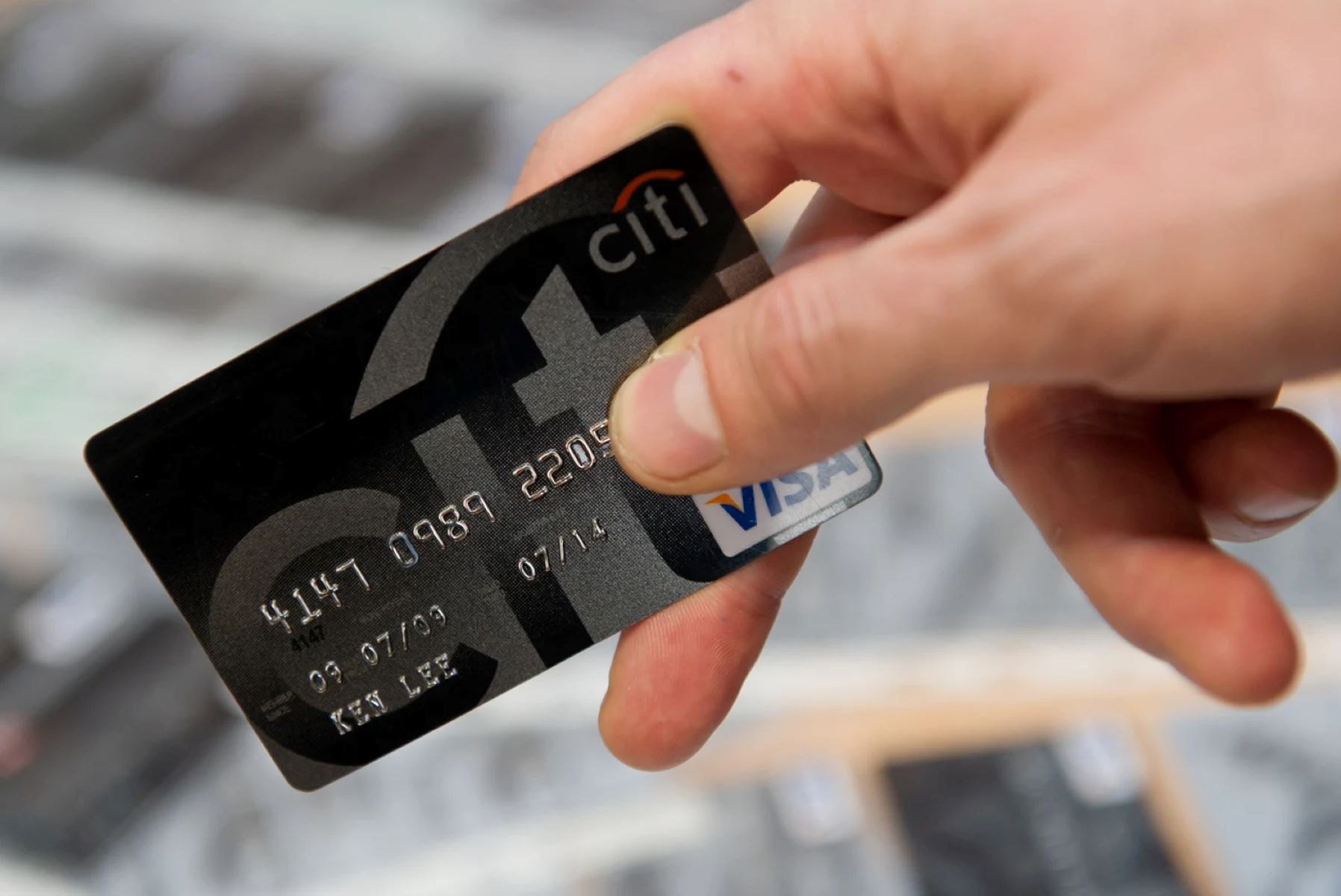Home>Finance>What Credit Bureau Does Chase Credit Card Pulls From?
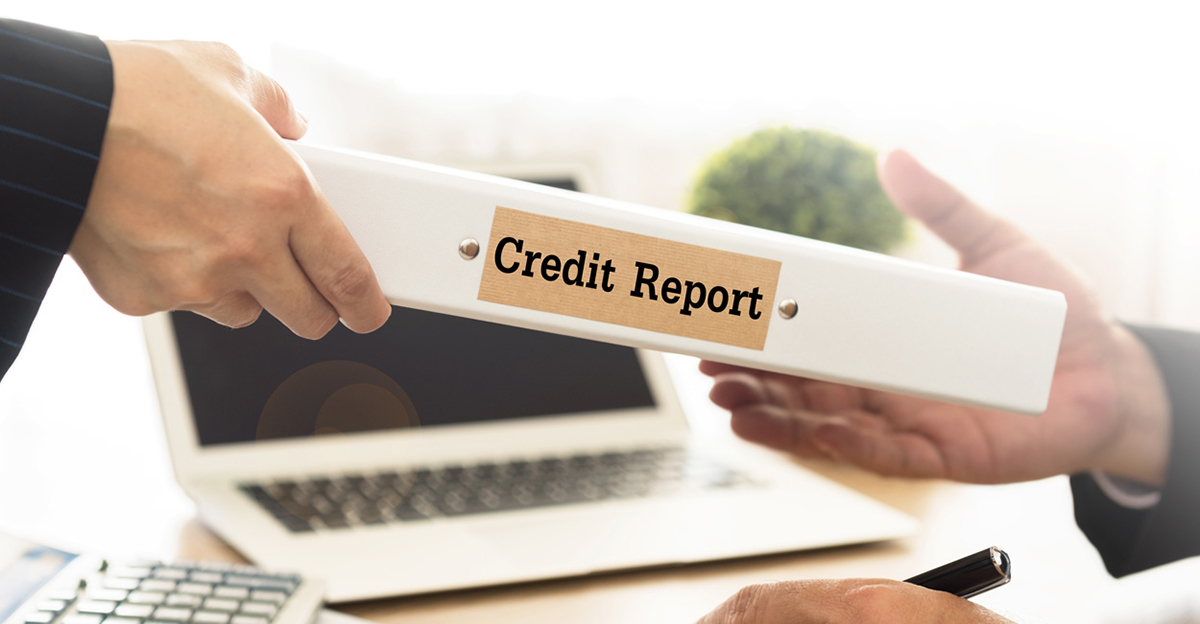

Finance
What Credit Bureau Does Chase Credit Card Pulls From?
Modified: February 21, 2024
Find out which credit bureau Chase credit cards pull from and make informed decisions about your finances.
(Many of the links in this article redirect to a specific reviewed product. Your purchase of these products through affiliate links helps to generate commission for LiveWell, at no extra cost. Learn more)
Table of Contents
Introduction
When it comes to managing your finances, having a credit card from a reputable institution is often a top priority. Chase Bank is a well-known and trusted financial institution that offers a wide range of credit card options to suit different financial needs. If you’re considering applying for a Chase credit card, it’s important to know which credit bureau they pull your credit information from.
Understanding the credit bureau that Chase uses can give you insight into the type of credit information they will evaluate when making a decision on your application. This knowledge is valuable because it allows you to prepare and present your creditworthiness in the most effective way possible.
In this article, we will explore the credit bureaus used by Chase for credit card applications. We’ll also discuss how you can find out which credit bureau Chase pulls from and the factors to consider when applying for a Chase credit card.
Let’s dive in and gain a better understanding of the credit bureaus involved in the Chase credit card application process.
What are Credit Bureaus?
Credit bureaus, also known as credit reporting agencies, are organizations that collect and maintain the credit information of individuals and businesses. Their primary function is to gather data from various sources, including lenders, public records, and financial institutions, and compile it into credit reports.
There are three main credit bureaus in the United States: Equifax, Experian, and TransUnion. These bureaus are responsible for assessing individual creditworthiness and generating credit scores. Each bureau operates independently, meaning they have their own databases and methods for collecting and analyzing data. This is why your credit score may vary slightly between bureaus.
Credit bureaus play a crucial role in the lending industry. They provide lenders with information that helps determine an individual’s creditworthiness when applying for loans, credit cards, mortgages, or other financial products. The data contained in credit reports includes personal information, payment history, outstanding debts, and any public records related to financial matters.
It’s important to note that credit bureaus are regulated by laws such as the Fair Credit Reporting Act (FCRA) in the United States. These laws aim to protect consumer rights and ensure the accuracy and privacy of credit information.
Now that we have a clear understanding of credit bureaus, let’s explore why it’s important to know which credit bureau Chase pulls your credit information from when you apply for one of their credit cards.
Importance of Knowing Which Credit Bureau Chase Credit Card Pulls From
Knowing which credit bureau Chase pulls your credit information from when you apply for a credit card is essential for several reasons. Here are some key reasons why this knowledge is important:
1. Preparation: Understanding which credit bureau Chase uses allows you to prepare and present your creditworthiness in the best possible way. Different credit bureaus may have varying scoring models and criteria for evaluating credit histories. By knowing which bureau Chase pulls from, you can focus on improving or maintaining your credit profile based on their specific requirements.
2. Ability to Address Issues: If you are aware of the specific credit bureau Chase relies on, you can check your credit report from that bureau and ensure its accuracy. Mistakes or discrepancies on the report, such as incorrect personal information or outdated accounts, can negatively impact your creditworthiness. By identifying the credit bureau, you can address any issues and dispute inaccurate information before the credit card application process.
3. Timely Credit Monitoring: Monitoring your credit closely is vital in maintaining good financial health. When you know which credit bureau Chase pulls from, you can focus on regularly monitoring your credit report from that specific bureau. This allows you to stay updated on your credit activity, detect any potential fraudulent activities, and take necessary actions to protect your credit profile.
4. Strategic Credit Management: Different credit bureaus may have variations in the information they collect and report. By knowing which bureau Chase pulls from, you can strategically manage your credit accounts. For example, if you have a high credit utilization ratio reported by one bureau, but a lower ratio reported by another, you can take steps to balance your credit usage and improve your overall credit profile.
5. Improved Approval Chances: Tailoring your credit application to the specific credit bureau used by Chase can increase your chances of approval. By understanding the bureau’s scoring model and criteria, you can highlight your strengths and address any potential weaknesses in your credit history.
Overall, knowing which credit bureau Chase pulls your credit information from empowers you to be proactive in managing your credit. You can take necessary steps to improve your creditworthiness, address any issues on your credit report, and strategically present your credit profile to increase your chances of being approved for a Chase credit card.
Next, let’s delve into the specific credit bureaus used by Chase for credit card applications.
Credit Bureaus Used by Chase Credit Cards
Chase Bank, like many other financial institutions, uses multiple credit bureaus to obtain credit information on applicants. However, the specific credit bureau that Chase pulls from may vary depending on factors such as the applicant’s location and the type of credit card being applied for. Here are the main credit bureaus that Chase commonly uses:
- Experian: Experian is one of the three major credit bureaus in the United States and is frequently used by Chase for credit card applications. They gather and maintain consumer credit information from various sources to generate credit reports and scores. It’s important to note that Chase’s reliance on Experian may differ based on the card you apply for and your geographic location.
- TransUnion: TransUnion is another prominent credit bureau utilized by Chase for credit card applications. They collect credit data from financial institutions, lenders, and other sources to create comprehensive credit reports. While Experian may be the primary credit bureau used by Chase in some cases, TransUnion may be favored in other situations.
- Equifax: Equifax is the third major credit bureau used by Chase for credit card applications. They compile and analyze consumer credit information to generate credit reports and scores. As with Experian and TransUnion, the reliance on Equifax may vary depending on the specific circumstances of the credit card application.
It’s important to understand that Chase may not use all three credit bureaus simultaneously for every credit card application. The decision on which bureau to pull credit information from is typically based on factors such as the applicant’s location and the specific card being applied for. Different bureaus may have different data and scoring models, which can influence the outcome of the credit evaluation process.
Keep in mind that while these are the primary credit bureaus used by Chase, there is a possibility that they may occasionally use other credit reporting agencies as well. It’s always a good idea to stay updated on any changes or updates provided by Chase regarding their credit bureau usage.
Next, let’s explore how you can find out which specific credit bureau Chase pulls from when you apply for one of their credit cards.
How to Find Out Which Credit Bureau Chase Credit Card Pulls From
While Chase Bank does not openly disclose which specific credit bureau they will pull credit information from for a credit card application, there are a few ways to find out which bureau they commonly use:
- Contact Chase: One of the most direct ways to find out which credit bureau Chase pulls from is to contact their customer service. You can call the customer service number provided on their website or on the back of your existing Chase credit card. Ask the representative which credit bureau(s) they usually rely on for credit card applications. They should be able to provide you with the information you need.
- Online Research: Conducting some online research can also give you insights into which credit bureau Chase commonly uses. While Chase does not openly disclose this information, you may come across forums or discussions where previous applicants have shared their experiences and mentioned the bureau(s) that Chase pulled credit information from.
- Monitor Your Credit Report: Monitoring your credit report can give you clues about which credit bureau Chase is pulling from. After submitting your credit card application, you can monitor your credit reports from all three major credit bureaus – Equifax, Experian, and TransUnion. If you notice a recent inquiry from a specific bureau shortly after your application, there’s a good chance that it was that bureau which Chase used.
- Multiple Inquiries: Another way to determine which credit bureau Chase may pull from is if you have applied for other loans or credit cards in the past. If you have recently applied for credit elsewhere and noticed an inquiry from a particular bureau around the same time as your Chase credit card application, it is likely that Chase used the same bureau as the other lender.
Remember that while the information obtained from the above methods can provide some insight, it is essential to note that Chase’s credit bureau usage may vary based on different factors, including location and the specific credit card being applied for. Therefore, it’s a good idea to use multiple sources of information to get a clearer picture.
Now that you know how to find out which credit bureau Chase pulls from, let’s move on to discuss important factors to consider when applying for a Chase credit card.
Factors to Consider When Applying for a Chase Credit Card
When applying for a Chase credit card, there are several important factors to consider to increase your chances of approval and make the most out of your credit card experience. Let’s explore these factors:
- Credit Score: Your credit score is a major determining factor for credit card approvals. Before applying for a Chase credit card, it’s crucial to know your credit score and ensure it meets the requirements of the specific card you are interested in. Different Chase credit cards may have different credit score thresholds.
- Income and Employment: Lenders, including Chase, often consider your income and employment stability when evaluating credit card applications. Ensure that your income can support the credit card’s credit limit and show stability in your employment history. This information helps Chase assess your ability to make timely payments on your credit card.
- Debt-to-Income Ratio: Your debt-to-income ratio is the percentage of your monthly income that goes towards paying debts. Chase may assess this ratio to determine your creditworthiness. A lower debt-to-income ratio demonstrates that you have the capacity to handle additional credit responsibly. Consider reducing your existing debts before applying for a new credit card.
- Reward Points and Benefits: Consider the rewards program and benefits offered by the Chase credit card you are interested in. Evaluate whether the rewards align with your spending habits and financial goals. Look for features such as cashback, travel rewards, or introductory APR offers that can maximize the value of your credit card usage.
- Annual Fees and Interest Rates: Take into account any annual fees associated with the Chase credit card. Consider whether the benefits and rewards outweigh the cost of the annual fee. Additionally, pay attention to the interest rates charged on the credit card, especially if you anticipate carrying a balance. Look for cards with low-interest rates or introductory 0% APR offers.
- Additional Features: Consider any additional features that are important to you, such as purchase protection, extended warranty, or travel insurance. These features can provide added value and peace of mind when using your Chase credit card for various purchases.
- Existing Relationship with Chase: If you have an existing relationship with Chase, such as a checking or savings account, it may work in your favor when applying for a credit card. Some Chase credit cards offer additional benefits or rewards for existing customers, and having a good standing relationship with the bank may potentially improve your approval odds.
By considering these factors, you can make an informed decision when choosing and applying for a Chase credit card. It’s important to remember that meeting the credit card’s requirements does not guarantee approval, as other factors may also be considered during the application process.
Now that you’re familiar with the factors to consider when applying for a Chase credit card, let’s conclude the article.
Conclusion
Applying for a credit card from Chase Bank can be an exciting step towards managing your finances and enjoying the benefits of a reputable financial institution. Understanding which credit bureau Chase pulls your credit information from is crucial for effective credit management and increasing your chances of approval. While Chase uses multiple credit bureaus, the specific bureau they rely on may vary depending on factors such as location and the type of credit card being applied for.
Knowing the credit bureau can help you prepare, address any potential issues, monitor your credit, and strategically manage your credit accounts. It allows you to present your creditworthiness in the best light and improve your chances of being approved for a Chase credit card.
When applying for a Chase credit card, consider factors such as your credit score, income, debt-to-income ratio, rewards program, annual fees, interest rates, and any additional features. These factors will help you make an informed decision and choose a credit card that aligns with your financial goals and lifestyle.
If you’re unsure which credit bureau Chase pulls from, you can contact their customer service, conduct online research, monitor your credit reports, or analyze previous credit inquiries to gather insights. However, it’s essential to understand that credit bureau usage may vary, so it’s wise to consider multiple sources of information.
By considering these factors and understanding which credit bureau Chase pulls from, you can take the necessary steps to improve your creditworthiness and increase your chances of being approved for a Chase credit card that suits your financial needs. Remember to review the terms and conditions, rewards, and benefits of the specific credit card you’re interested in before applying.
Now that you have a better understanding of the credit bureaus used by Chase and the importance of knowing which one they pull from, you can confidently navigate the credit card application process and make informed financial decisions.
